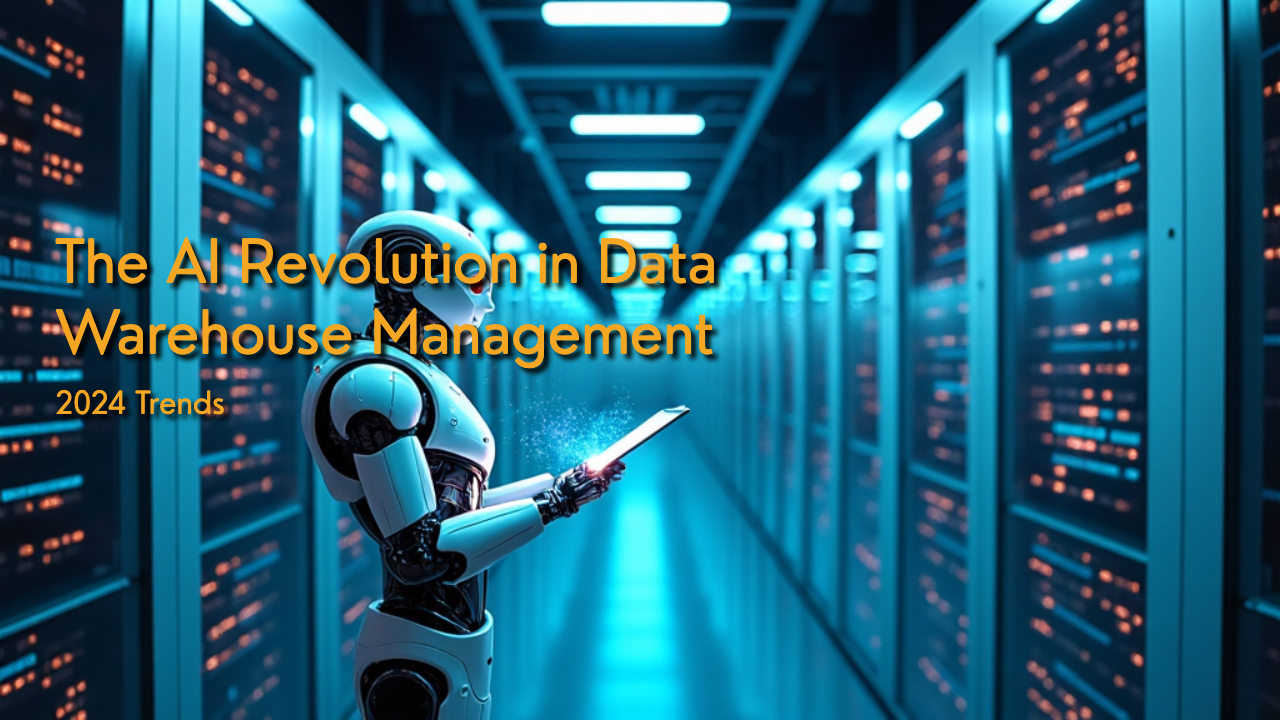The landscape of data warehouse management is undergoing a profound transformation, driven by advances in artificial intelligence and machine learning. As we move through 2024, these changes are reshaping how organizations handle, process, and derive value from their data.
The Current State of Data Warehouse Management
Traditional data warehouse management has long been characterized by manual processes, reactive optimization, and time-consuming maintenance tasks. However, the integration of AI is fundamentally changing this paradigm in several key ways:
- Automated query optimization and performance tuning
- Intelligent data governance and quality management
- Predictive maintenance and resource allocation
- Natural language interfaces for data access
Key Trends Shaping the Future
1. Autonomous Optimization
AI-powered systems are now capable of automatically optimizing query performance, storage allocation, and resource utilization. This autonomous optimization leads to:
- 30-50% improvement in query performance
- Significant reduction in manual tuning efforts
- Proactive identification of potential bottlenecks
Case Study: Fortune 500 Retailer
After implementing AI-driven optimization, a major retailer saw:
- 45% reduction in query execution time
- 60% decrease in DBA workload
- $2M annual savings in compute costs
2. Natural Language Processing Integration
The integration of NLP capabilities is democratizing data access across organizations:
User: "Show me sales trends by region for the last quarter"
AI: "Generating SQL query...
SELECT region, DATE_TRUNC('month', sale_date) as month,
SUM(sale_amount) as total_sales
FROM sales
WHERE sale_date >= DATEADD(month, -3, CURRENT_DATE())
GROUP BY region, DATE_TRUNC('month', sale_date)
ORDER BY region, month;"
3. Intelligent Data Governance
AI is revolutionizing how organizations manage data governance through:
- Automated data classification and tagging
- Real-time compliance monitoring
- Smart access control recommendations
Preparing for the AI-Driven Future
Organizations looking to leverage these advances should focus on:
- Assessing current data warehouse capabilities
- Identifying key areas for AI integration
- Developing skills in AI and ML technologies
- Creating a roadmap for implementation
Key Takeaways
- AI is fundamentally transforming data warehouse management
- Autonomous optimization is delivering measurable benefits
- Natural language interfaces are making data more accessible
- Organizations need to prepare for this AI-driven future

